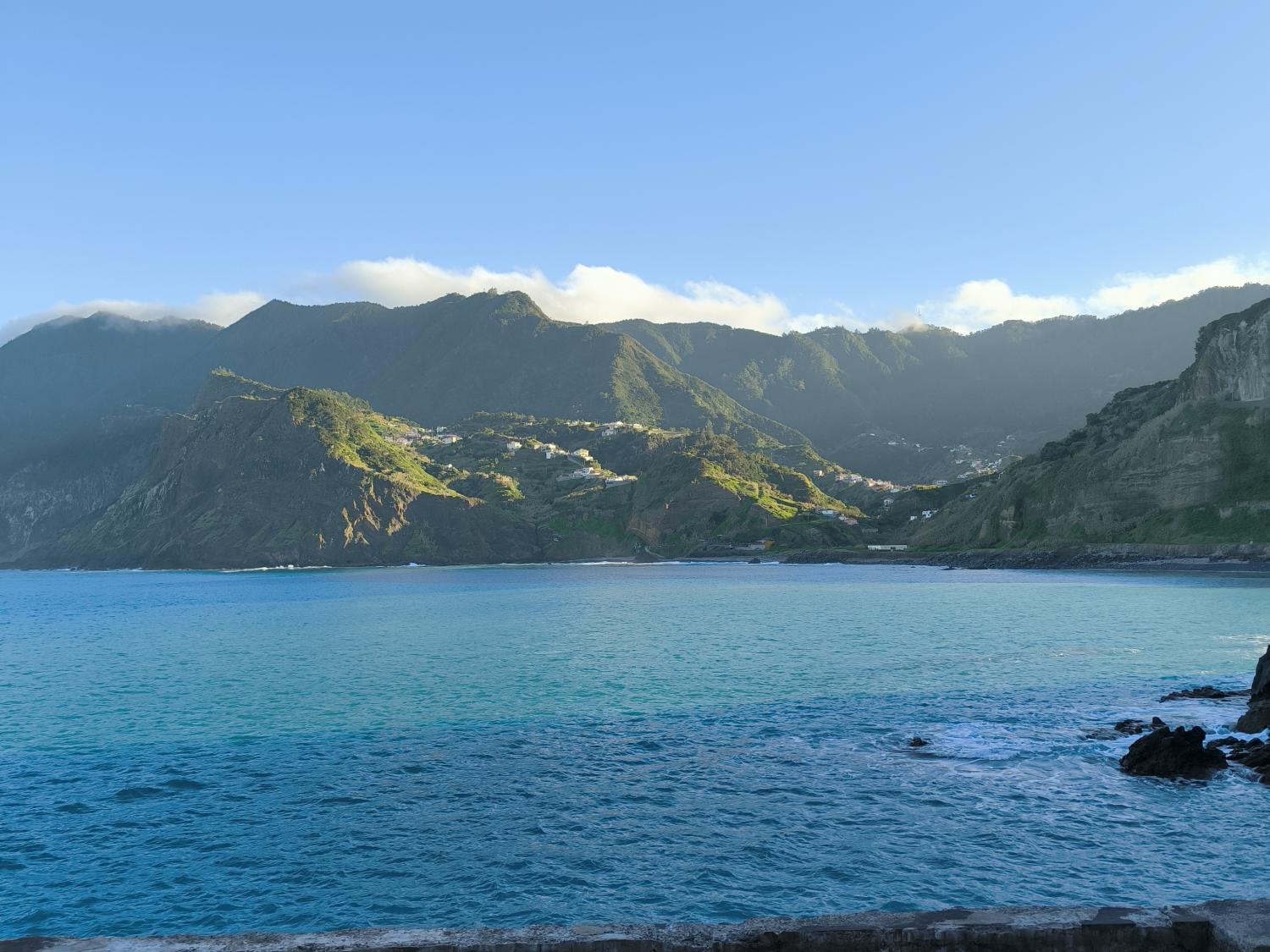Madeira Island, Portugal MARE-Madeira
Madeira is a volcanic island in the northeast Atlantic with four key coastal habitats studied within the MarineGEO program: subtidal rocky reefs, seagrass, and intertidal and artificial substrates. The island is a hotspot of oceanic biodiversity and a refuge for endangered species such as sperm whales, Mediterranean monk seals and the European eel. At the same time, the island is under pressure from development and maritime traffic, which bring threats of habitat destruction, pollution and non-indigenous species. Research within the MarineGEO framework contributes to a scientific understanding of these threats, aiding mitigation and informing management policies.
MARE-Madeira is the European Hub for the MarineGEO Network and has been a MarineGEO Observatory since 2017. MARE-Madeira is the largest nonprofit aquatic research institute on Madeira Island, Portugal and is a regional research unit of Portugal’s Marine and Environmental Sciences Centre (MARE) -- the largest marine research center in the country. MARE-Madeira is hosted in Madeira by the Regional Agency for the Development of Research, Technology and Innovation (ARDITI).
Aquatic research at MARE-Madeira spans marine bioinvasions, experimental marine ecology, habitat mapping and restoration, climate change and anthropogenic pressures, marine megafauna, open ocean, ecosystem services and blue economy research divisions. In addition to field surveys and experiments in coastal, open ocean and deep-sea ecosystems, research is also conducted in a dedicated mesocosm facility (the MOSS – Marine Organisms Stress Simulator). This system was designed by MARE-Madeira researchers to test key questions in marine ecology and biology, particularly in relation to climate change and anthropogenic pressures.
Three key factors drive MARE-Madeira’s participation in and support for MarineGEO.
First is the immense value of being a part of a global research initiative – together we can do more science, gather more data and learn more about our ocean than we can alone.
Second is the importance of MarineGEO for climate change mitigation and resilience. The network’s global datasets enable us to understand the impacts of climate change on a global scale, across a wide range of coastal marine habitats, and thus can aid the design of more effective policy and restoration efforts to this global challenge.
Third is the power of the MarineGEO network to aid the democratization of marine research. MarineGEO provides technical support to researchers and designs experiments that can be done across its network, thereby propagating the use of globally-accessible research techniques and tools. As a long-standing advocate for low-cost, creative tools and research methods, MARE-Madeira sees this global support and sharing of resource as one of MarineGEO’s key contributions to marine science. As MarineGEO’s European Hub, MARE-Madeira aims to provide further support to MarineGEO’s European partners, facilitating more research and a stronger MarineGEO network in this region.
MarineGEO Team
- Principal Investigator: João Canning-Clode
- João Gama Monteiro
- Rodrigo Silva
- Diane Esson
Participating Institutions:
iNaturalist
Social Media Links:
